10 Best AI Tools for Higher Education (Free + Paid): 2026 Top Picks for College Students
Higher education is more demanding than ever, with endless assignments, research papers, and lectures to keep track of. Students and professors alike are juggling multiple responsibilities while trying to maintain academic excellence. That's where the best AI tools for higher education come in to make academic life more manageable and productive in 2026.
We've carefully selected the top 10 AI tools that are revolutionizing higher education. Whether you need help with writing research papers, organizing study materials, recording lectures, or discovering relevant academic papers, there's a tool here that can transform your academic workflow.
These tools can assist you with everything from turning lecture recordings into searchable notes to managing research papers, and even improving your academic writing with AI-powered suggestions.
Let's get into it and know which AI tools are best for your higher education.
Best AI Tools for Higher Education at a Glance
Elephas: Best for Mac users who need an AI-powered assistant for academic writing and research organization with offline capabilities.
GoogleNotebookLM: Best for converting research materials into high-quality podcast voice content
Notion: Best fo r students and professionals who want an all-in-one workspace with AI-powered content creation and document management.
GoogleScholar: Best for finding and citing reliable academic research papers and scholarly content with institutional library connections.
Gemini: Best for handling complex multimodal tasks combining text, images, and code with extensive processing capabilities.
Fireflies: Best for automatically recording, transcribing, and analyzing online lectures and academic meetings across multiple languages.
Copy.ai: Best for educators who need to quickly generate and customize various types of educational content using AI-powered templates.
Otter: Best for real-time transcription of lectures and discussions with automated note-taking capabilities.
CourseHero: Best for accessing a collaborative library of study materials, homework help, and textbook solutions.
ResearchRabbit: Best for visually mapping and discovering connections between academic papers, citations, and authors.
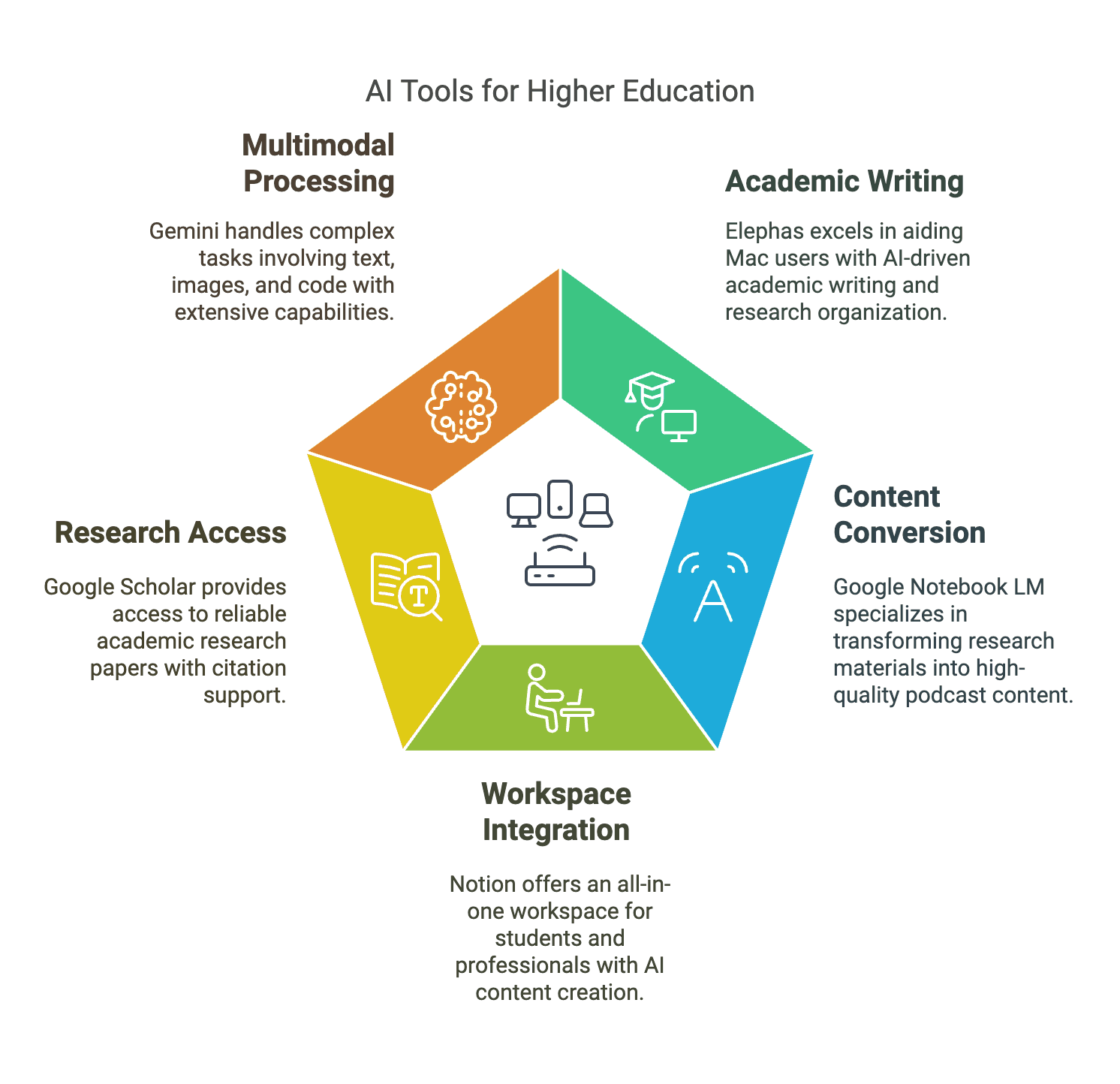
1. Elephas
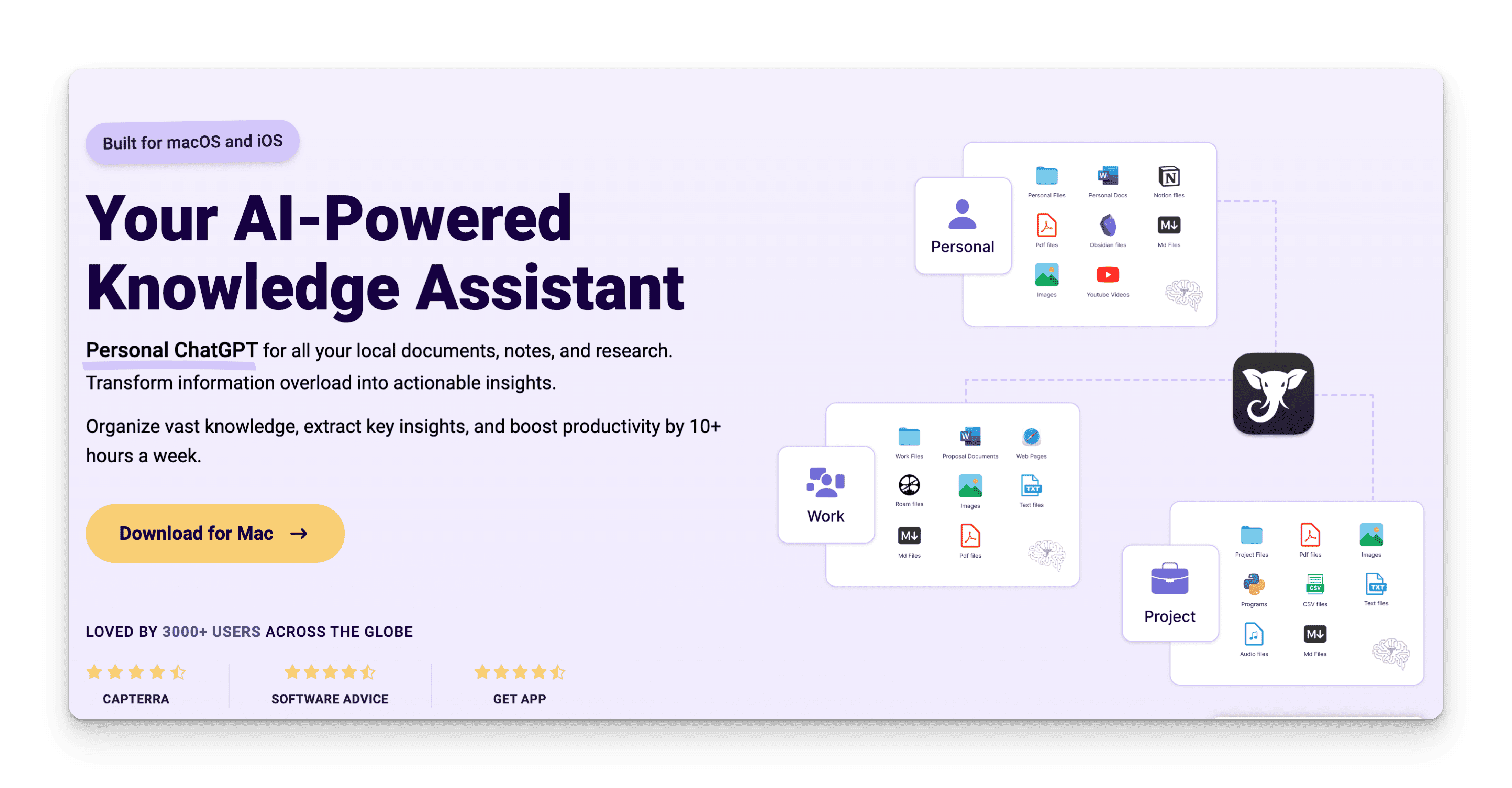
Elephas is an advanced AI-powered knowledge assistant designed specifically for Mac users that combines intelligent information management with powerful AI capabilities, making it an invaluable resource for higher education.
The platform seamlessly integrates with various file formats and note-taking applications, allowing users to build a personalized knowledge repository that grows with their academic journey.
The tool stands out in the educational landscape through its Super Brain feature, which enables students and faculty to create dynamic knowledge bases from their study materials, research papers, and academic resources.
Pros
Helps you write better school papers by offering different writing styles to choose from - great for essays, research work, and school assignments
Makes studying easier by helping you organize all your learning materials in one place (superbrain) - you can easily search through your class notes, books, and study materials
It provides citations from the uploaded materials and helps you keep track of where you got your information.
Works without internet and keeps your school work private on your computer - you can work on your assignments anytime, anywhere
It has a built-in web search feature for quick searches, so you don't have to switch to other apps.
Fixes spelling and grammar mistakes with just a click and helps make your writing style better for school work
Cons:
Limited to Mac users only
Pricing: $8.99/month
2. Google Notebook LM
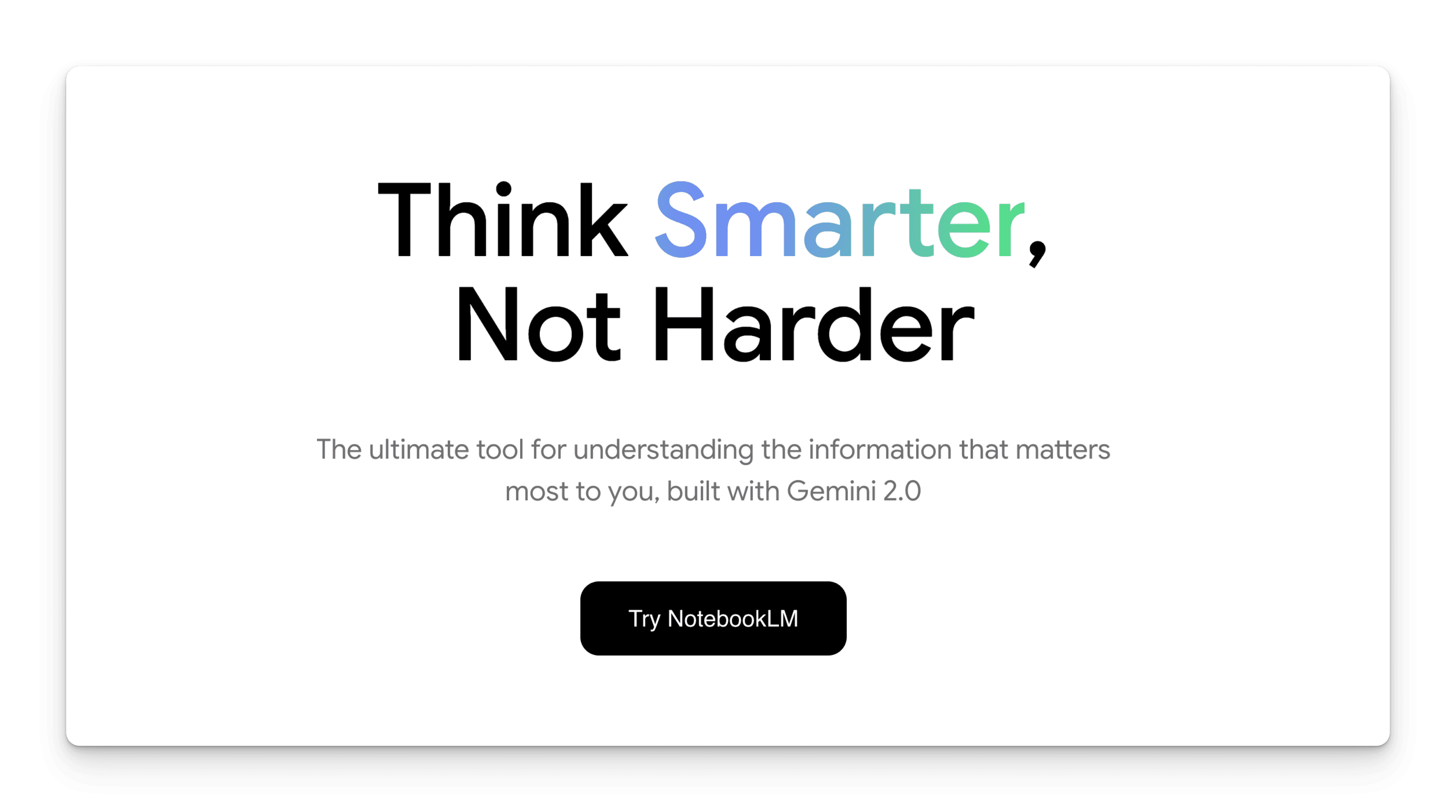
NotebookLM is a helpful web-based tool from Google that makes working with documents much easier. Users can upload up to 20 different files like PDFs and Google Docs into one workspace. The tool uses Google's Gemini Pro AI to analyse these documents and help users understand them better, find specific information, and create summaries.
The platform focuses on private, source-based interactions where the AI only works with the documents you provide. This makes it perfect for students and educators who want to work with specific course materials, research papers, or study resources. Also, Notebook LM can convert study or research materials into high-quality podcasts.
Pros:
Processes up to 4 million words with advanced document analysis capabilities
Maintains complete privacy and security of uploaded documents
Provides automatic citations and clear source tracking
Offers smooth collaboration through easy notebook sharing
Works seamlessly across desktop and mobile devices with cloud sync
Cons:
Limited to 20 documents per notebook, restricting larger projects
Lacks document formatting support for complex file types
Cannot edit or modify AI-generated notes directly
Pricing: Free to use
3. Notion
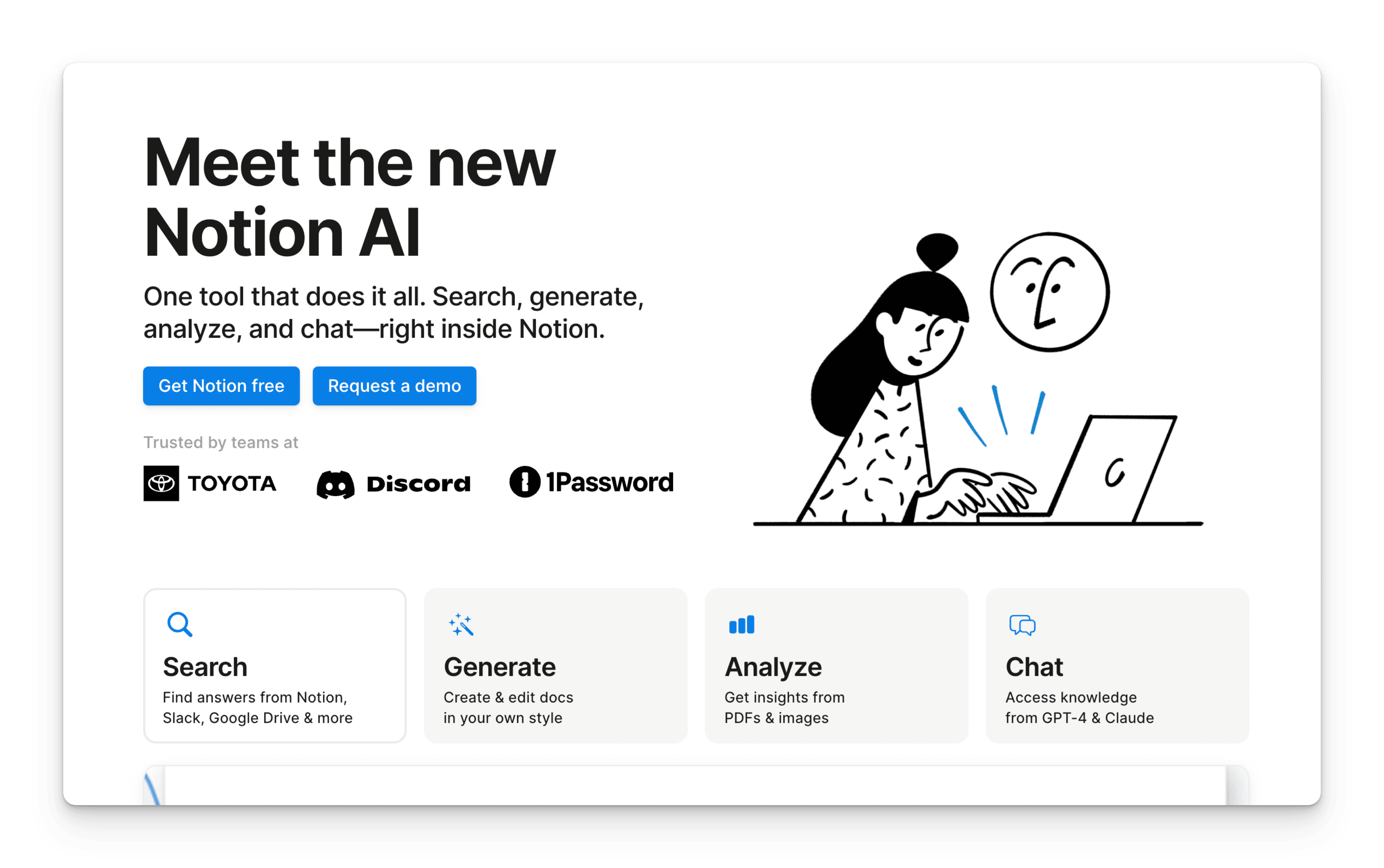
Notion AI is a powerful built-in tool that enhances the already versatile Notion workspace platform. It combines artificial intelligence with everyday document management and note-taking features. The AI assistant helps users with various tasks like summarizing text, creating outlines, improving writing, and translating content, all while maintaining the simplicity and accessibility that Notion is known for.
Notion is best for students, writers, and professionals who want to enhance their productivity. Whether generating content ideas, polishing existing documents, or converting complex text into simpler language, Notion AI serves as a helpful companion that streamlines the entire content creation and management process.
Pros:
Offers versatile AI features including translation, summarization, and content expansion
Seamlessly integrates with existing Notion workspace
Provides multiple ways to access AI features through simple commands
Helps improve writing quality with grammar checking and tone adjustment
Supports various content creation tasks from brainstorming to outlining
Cons:
Limited to text-based content processing only
May produce generic suggestions in brainstorming sessions
Pricing: $10/month
4. Google Scholar

Google Scholar is a specialized search engine designed specifically for academic and research purposes. This free tool works similarly to regular Google but focuses exclusively on scholarly content from universities, publishers, and academic websites. It helps students, researchers, and academics find reliable research papers, articles, and academic documents all in one place.
The platform stands out for its academic-focused features while maintaining Google's familiar, user-friendly interface. It goes beyond simple search functionality by offering citation tools, access to full-text documents through institutional connections, and the ability to track how research papers are connected through citations, making it an essential tool for serious academic work.
Pros:
Provides free access to a vast collection of academic resources
Offers convenient citation tools in multiple formats (APA, MLA, Chicago)
Connects users to institutional libraries for full-text access
Tracks citation counts and paper relationships easily
Features familiar Google-style interface for easy navigation
Cons:
Less selective than subscription-based academic databases
Sometimes includes non-peer-reviewed or less reliable content
Pricing: Free
5. Gemini
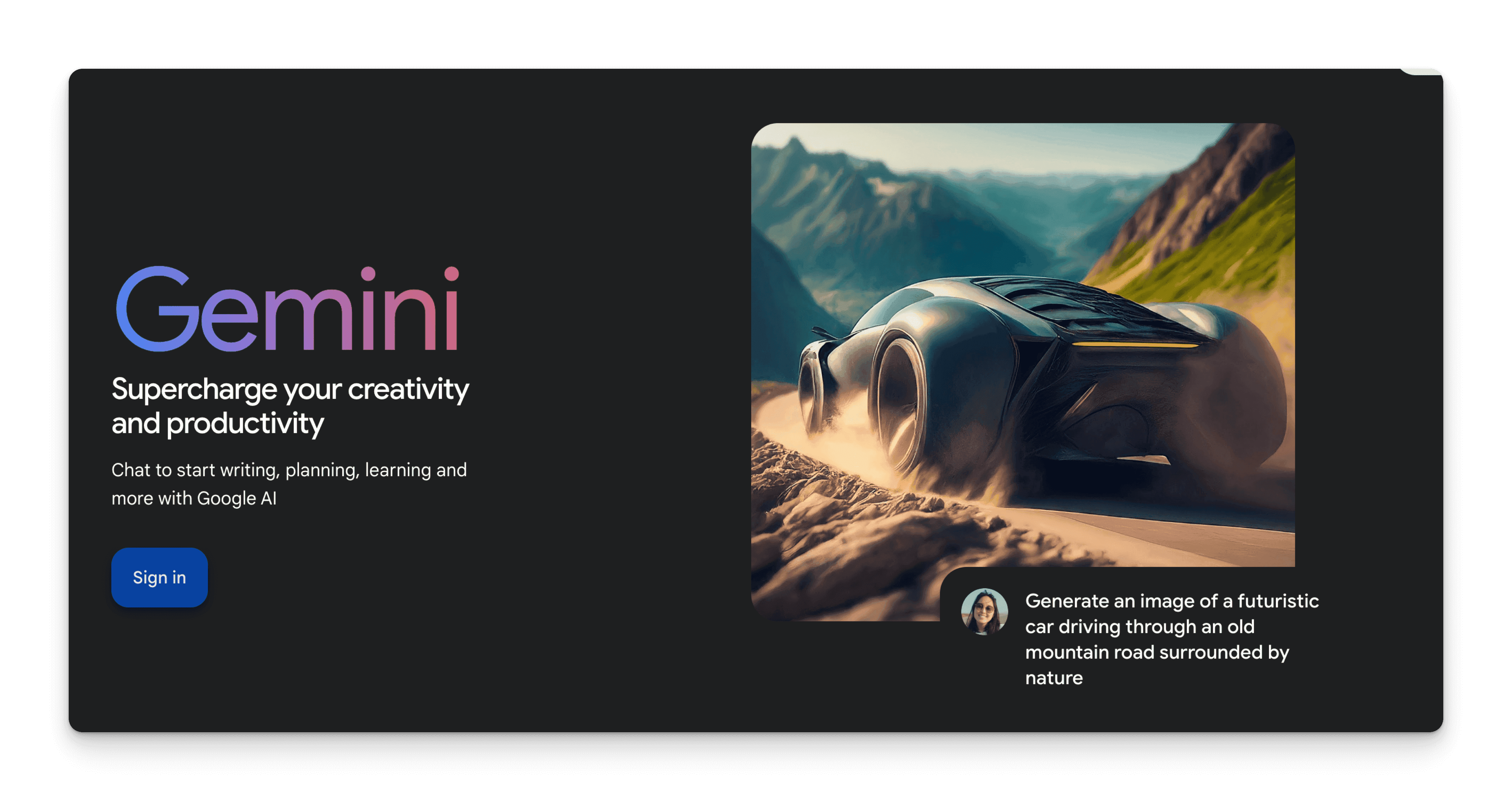
Gemini is a Google's latest advancement in artificial intelligence technology. Gemini combines natural language processing with multimodal capabilities, allowing it to handle text, images, and code. It uses Google's most advanced AI model, Ultra 1.0, to provide detailed responses, generate creative content, and assist with various tasks ranging from coding to image analysis.
The platform stands out for its exceptional processing capabilities, being able to handle inputs 1,000 times longer than previous versions. Whether you're looking to analyze documents, generate images, or get help with coding projects, it integrates seamlessly with other Google services and tools to enhance productivity and creativity.
Pros:
Offers impressive visualization and presentation capabilities
Handles extremely long queries with up to 1 million tokens
Integrates smoothly with other Google services
Provides excellent coding assistance with multiple programming languages
Offers free trial of Gemini Advanced for 60 days
Cons:
Image generation results can be inconsistent
Sometimes produces generic responses for local queries
Pricing: $20/month
6. Fireflies
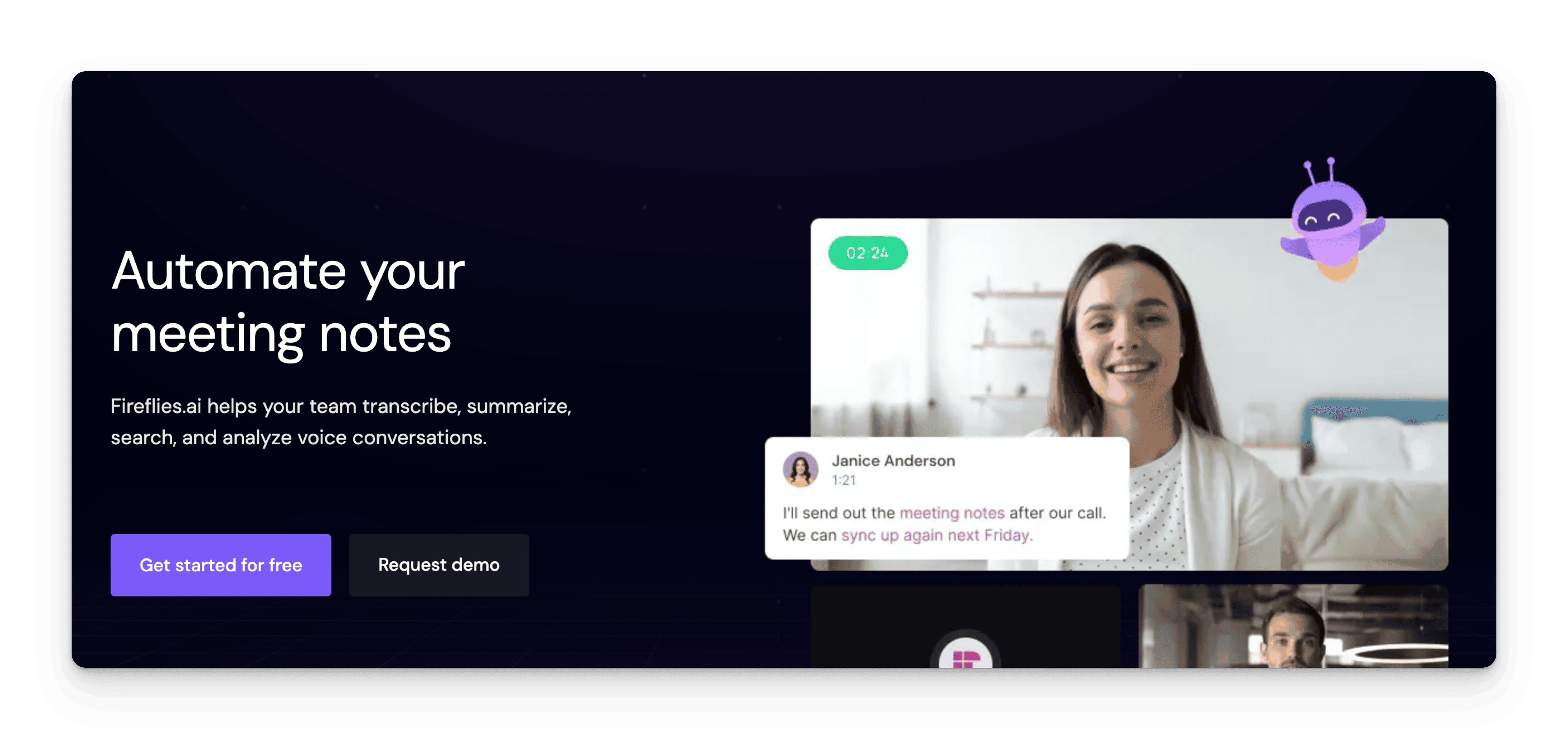
Fireflies AI is an advanced AI-powered meeting assistant that transforms how academic sessions and lectures are documented and managed. This tool automatically records, transcribes, and analyzes online meetings and lectures, making it invaluable for educational institutions. The platform seamlessly integrates with popular video conferencing platforms like Zoom and Microsoft Teams, which are commonly used in today's educational environment.
The tool stands out in the education sector by offering features specifically beneficial for academic settings. It can automatically generate detailed transcripts of lectures, create searchable archives of class discussions, and provide easy access to past sessions. With support for over 60 languages and robust security measures, Fireflies AI ensures that educational content remains accessible and protected while helping educators focus more on teaching rather than documentation.
Pros:
Automatically records and transcribes lectures with high accuracy
Creates searchable archives of all academic sessions
Integrates seamlessly with major video conferencing platforms
Allows easy sharing of lecture content with students
Supports collaboration through comments and highlights features
Cons:
May have accuracy issues with technical academic terms
Requires stable internet connection for real-time transcription
Some advanced features require paid subscription plans
Pricing: $10/month
7. Copy.ai
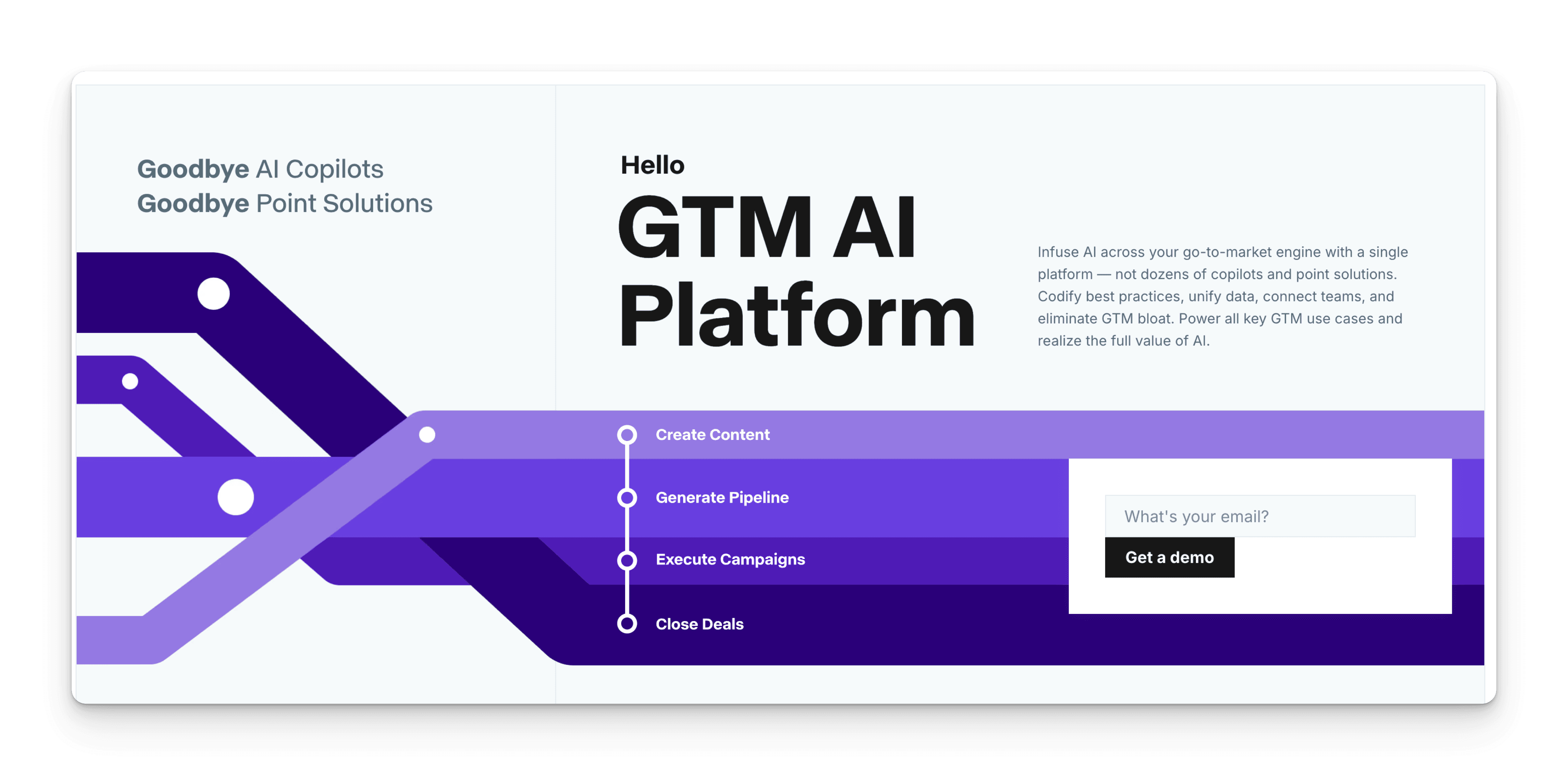
Copy.ai is an AI content-generation tool that brings advanced writing capabilities to the educational environment. It uses OpenAI's GPT technology to help educators and students create various types of content efficiently. It streamlines the content creation process by offering specialized templates, automated workflows, and a user-friendly interface that makes professional-quality writing more accessible.
The platform stands out for its ability to maintain a consistent brand voice and writing style, which is particularly valuable in academic settings. Whether creating course materials, research summaries, or educational content, Copy.ai's specialized workflows and templates help maintain professional standards while significantly reducing the time spent on content creation tasks.
Pros:
Offers extensive template library specifically designed for educational content
Features real-time search capabilities for up-to-date information
Provides customizable brand voice settings for consistent writing style
Includes intuitive inline editor for quick content refinement
Supports workflow automation for repetitive content tasks
Cons:
The monthly subscription cost of $49 may be steep for educational budgets
Generated content sometimes requires significant editing for academic standards
The brand voice feature may need multiple adjustments to match the institutional tone
Pricing: $49/month
8. Otter
Otter AI is a powerful real-time transcription tool that transforms spoken conversations and lectures into written text instantly. The platform uses advanced voice recognition technology to capture and transcribe educational content, making it an invaluable resource for students and educators in higher education.
With its ability to join virtual classes and meetings automatically, Otter ensures that every important discussion is documented and easily accessible.The platform stands out for its education-focused features, including real-time note-taking and automated meeting summaries. Students can focus on engaging in class discussions while Otter captures every detail, creating searchable transcripts that can be easily reviewed later.
Pros:
Provides real-time transcription during live lectures and discussions
Creates searchable, editable transcripts with automatic keyword highlighting
Integrates seamlessly with major video conferencing platforms used in education
Offers automated note-taking through OtterPilot feature
Supports multiple audio and video file formats for offline transcription
Cons:
May struggle with heavy accents and technical terminology
Requires internet connection for real-time transcription
Accuracy in punctuation needs manual review and editing
Pricing: $8.33/month
9. Coursehero
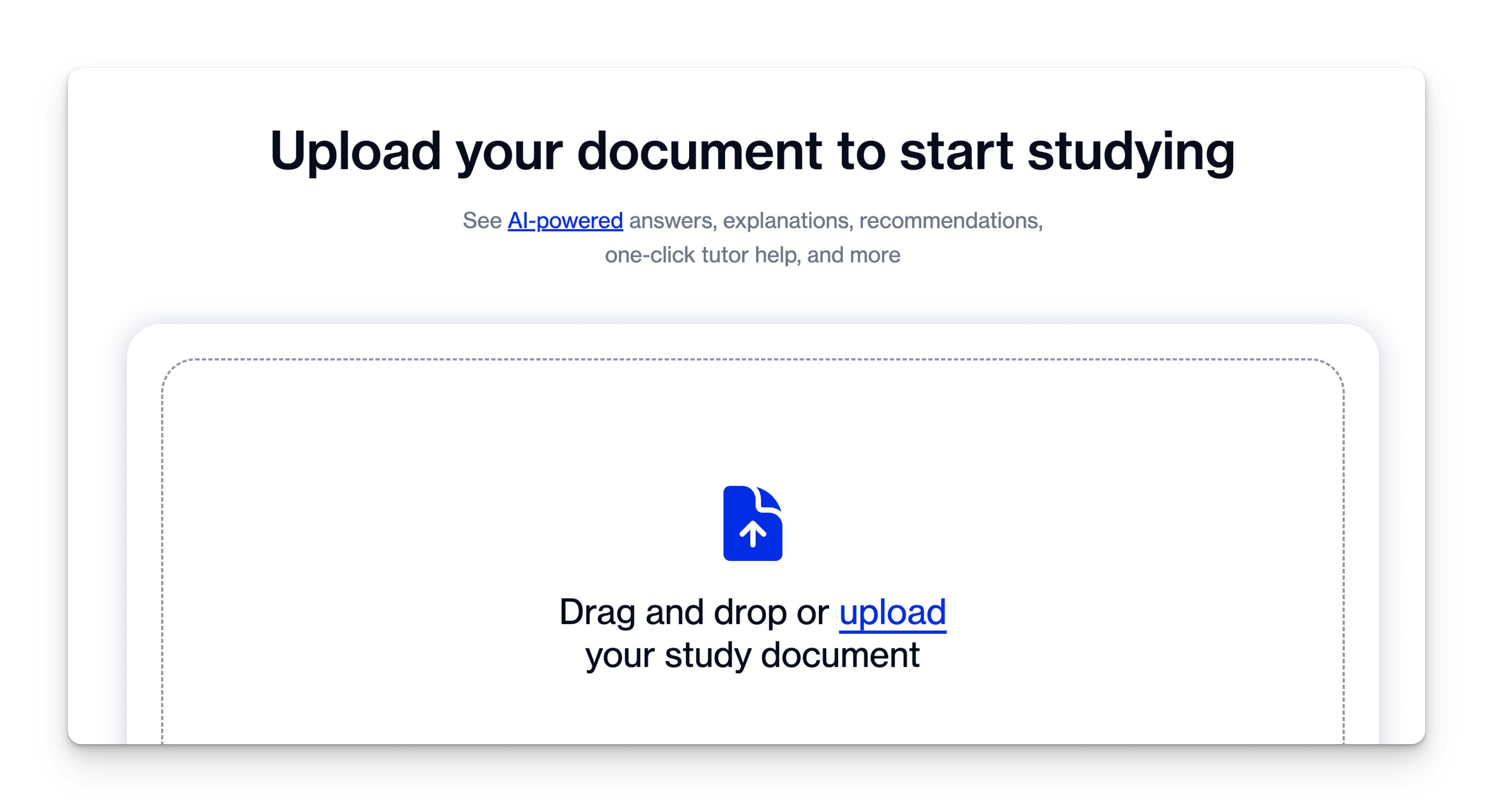
Course Hero is an extensive online learning platform that serves as a vast digital library for higher education resources. The platform provides students access to study materials including course notes, past assignments, textbook solutions, and practice problems.
With its extensive collection of educational resources, Course Hero works like a collaborative study network where students can both contribute and access academic materials to enhance their learning experience. Students can access materials from various universities and courses, making it a valuable tool for understanding complex topics from multiple perspectives.
Pros:
Provides access to a vast library of study materials from multiple universities
Offers expert tutoring and homework help available 24/7
Allows students to earn free access by contributing their own study materials
Features verified course-specific content from actual students
Includes detailed textbook solutions and explanations
Cons:
The quality of shared materials can vary significantly
This may raise academic integrity concerns in some educational settings
Pricing: Custom Pricing
10. Research Rabbit
ResearchRabbit is an innovative literature mapping tool that transforms how academic research is conducted in higher education. This web-based platform helps researchers, students, and faculty members explore academic literature by creating visual connections between papers, citations, and authors.
The tool intelligently maps relationships between academic works, making it easier to discover relevant research materials and track how ideas evolve across different publications.The platform stands out by offering an intuitive column-based interface that supports natural research workflows in academia.
Pros:
Creates visual maps of citation networks for better research understanding
Offers intelligent paper recommendations based on existing collections
Enables exploration of author networks and collaborations
Provides weekly email alerts for new relevant publications
Allows collaborative note-taking and collection sharing among research teams
Cons:
Limited coverage of books and older academic materials
Relies on Microsoft Academic Graph data which is being discontinued
Learning curve for utilizing all advanced features effectively
Pricing: Free to use
Conclusion
In 2026, having the right AI tools in your academic toolkit can transform how you handle coursework, enhance your learning experience, and help you produce high-quality academic work with less stress and better results.
Among the top 10 tools, Elephas is the most powerful all-in-one solution for academic work, particularly for Mac users. Its Super Brain feature, offline capabilities, and seamless integration with various academic tools make it an excellent choice for students and professors focused on producing quality research and maintaining organized study materials.
However, different students and educators have varying needs across their academic journeys. If Elephas's Mac-only limitation doesn't work for you, alternatives like Google Notebook LM for document analysis, Notion for comprehensive workspace management, or Research Rabbit for exploring academic literature offer fantastic features.
Try these tools today and find out which is best for you.
FAQs
1. Do these AI tools work offline or require a constant internet connection?
Only Elephas offers comprehensive offline capabilities. Most other tools like Notion, Google Notebook LM, and Otter require an internet connection for full functionality. However, many allow you to access previously saved content offline.
2. Can these AI tools help with group projects and collaboration?
Yes, most tools support collaboration features. Notion excels in team workspaces, Fireflies allows shared access to lecture recordings, and Research Rabbit enables collaborative research collections. Google Notebook LM also supports easy document sharing.
3. How secure are these AI tools for storing sensitive academic work?
These tools prioritize security. Elephas offers local storage, Google Notebook LM ensures private document analysis, and Notion provides encryption. However, individual privacy policies and institutional guidelines should always be checked for sensitive academic content.
4. Can these AI tools help with research paper citations and references?
Yes, tools like Google Scholar and Research Rabbit excel at managing citations. They automatically generate citations in various formats (APA, MLA, Chicago) and help track references. Elephas and Notion also include built-in citation management features.
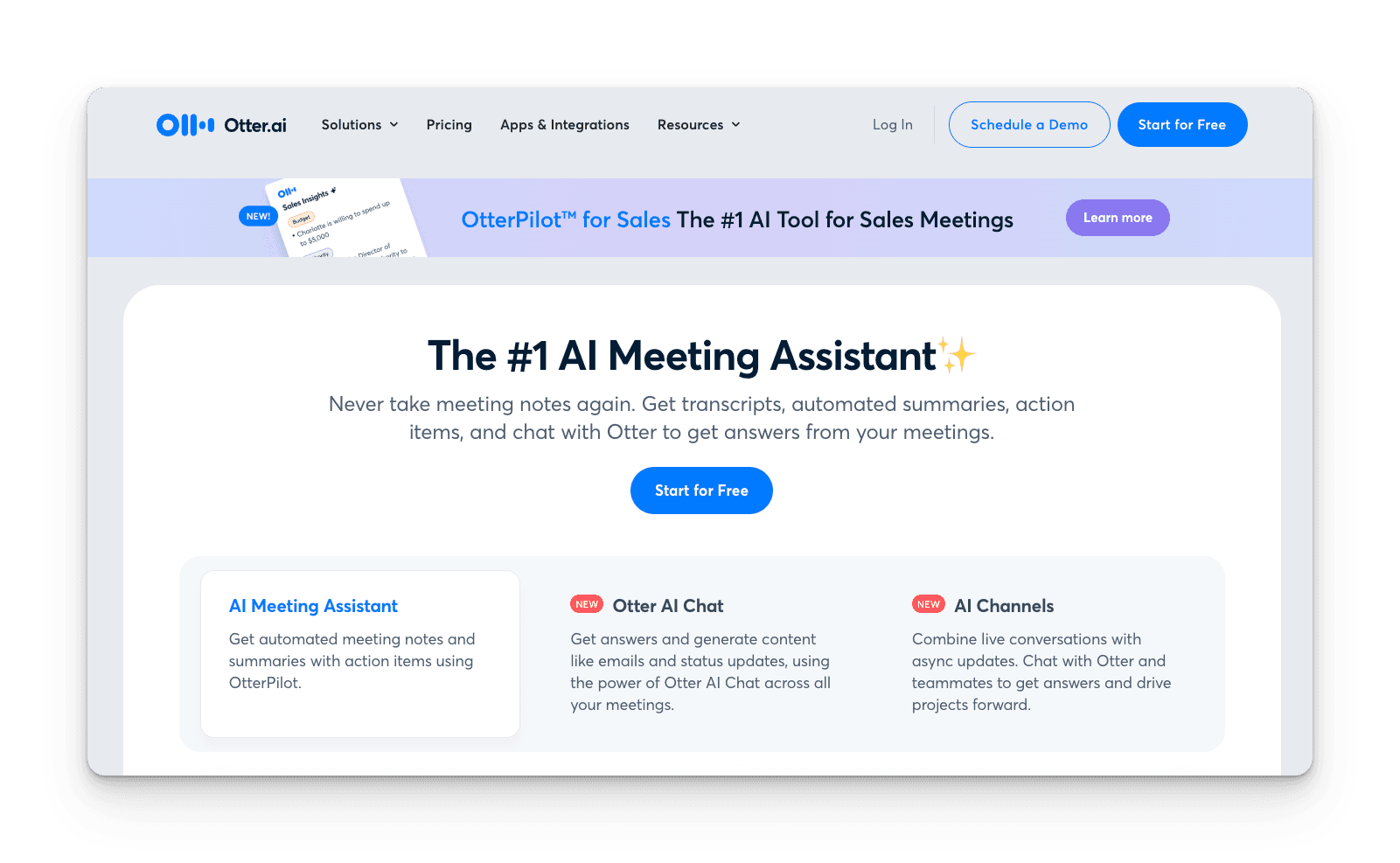
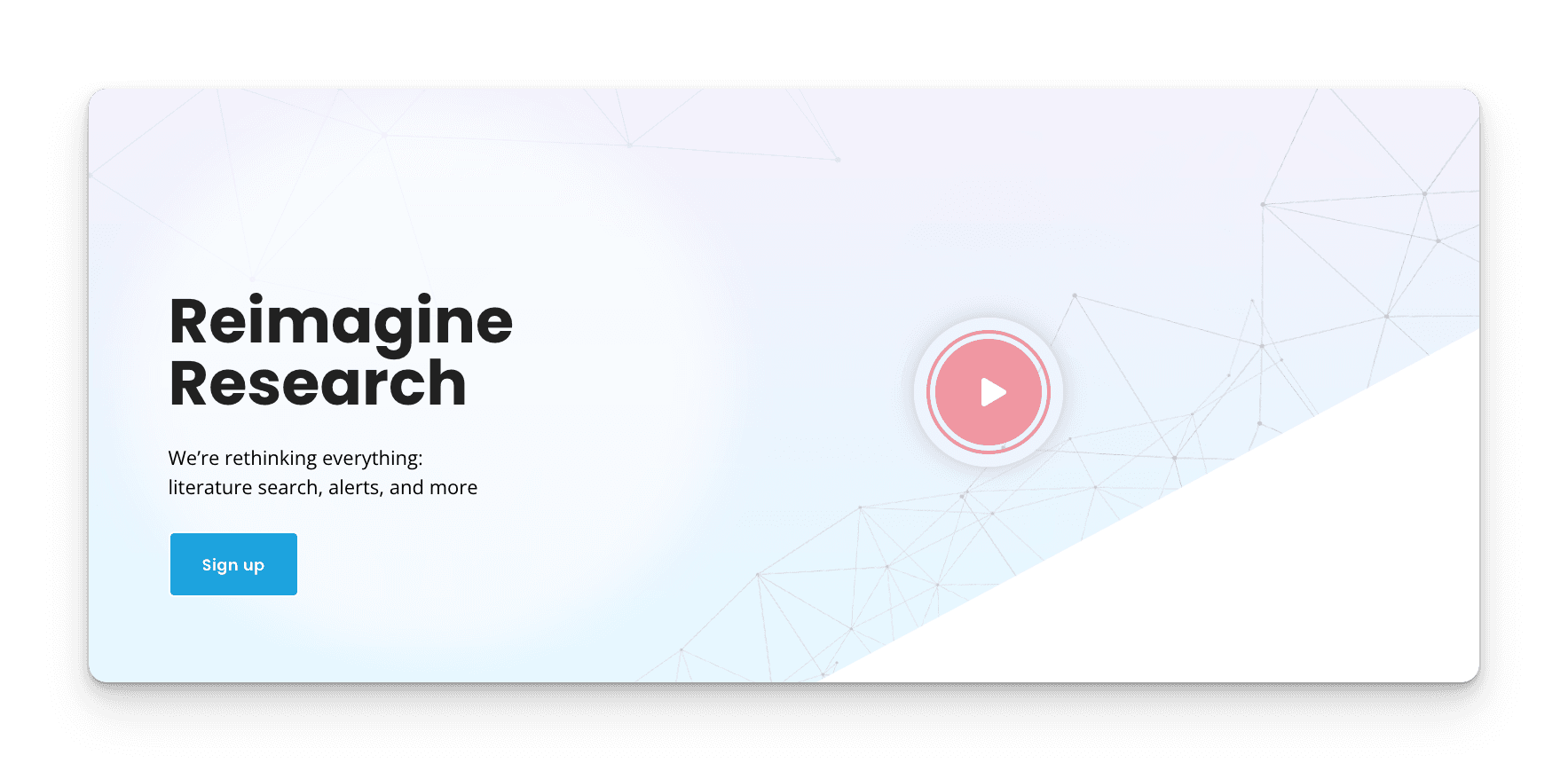

Comments
Your comment has been submitted